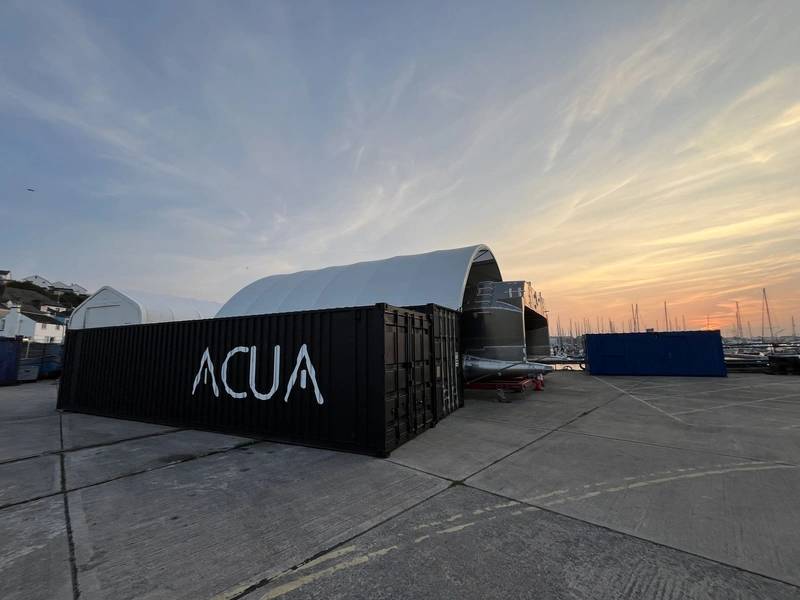The Plymouth-based autonomous unmanned surface vessel (USV) developer ACUA Ocean has closed its £1.5M Pre-Seed investment round co-led by StealthPoint and Britbots, alongside securing £4M in new and existing research and development grants from the UK’s Department for Environment, Food & Rural Affairs (DEFRA) and Department for Transport.
The pre-seed round, led by StealthPoint, a US defence and intelligence investor deploying capital into hardware and software innovators, focusing on strengthening national security for the US and its allies.
The round also saw investment from the UK early-stage investor in robotics and automation, BritBots, and sees ACUA Ocean join an exclusive portfolio of pioneering firms such as QLM Tec and Humanising Autonomy. Sixth Wave Ventures and Blue Action Accelerator also participated in the round.
The venture investment commitments add to the £4M grant funding secured by ACUA Ocean from UK government bodies, which included a successful application to the Department for Transport’s Clean Maritime Demonstration Competition and Smart Shipping Acceleration Fund, and a successfully completed grant from DEFRA relating to the Improving Marine Observation and Biodiversity programme, a government-led scheme focused on building comprehensive solutions for data collecting, processing and analysing remotely in real-time.
ACUA Ocean — which was prominently featured on the cover of Marine Technology Reporter’s September/October 2022 “MTR100” edition, the annual ranking and reporting on the 100 most innovative companies in the ocean sector — is currently developing its open ocean platform Pioneer-class USV, which can operate in very high sea states relative to its size, enabling systems and sensor payloads to be deployed in wave heights exceeding 4m. The prototype USV is hydrogen-powered, although there are plans for optional fuel powertrains in subsequent platforms. Pioneer will act as a platform or “mothership” providing the modular payload capacity, power, and communications necessary for the launch and recovery of technologies, including remotely operated vehicles (ROVs), Autonomous underwater vehicles (AUVs) and unmanned aerial vehicles (UAVs).
ACUA Ocean’s approach to ‘interchangeable nested robotics’ will replace the need for larger, more costly crewed vessels to do dull, dirty, and dangerous tasks, such as subsurface surveys, monitoring, and protection of critical offshore infrastructure.

